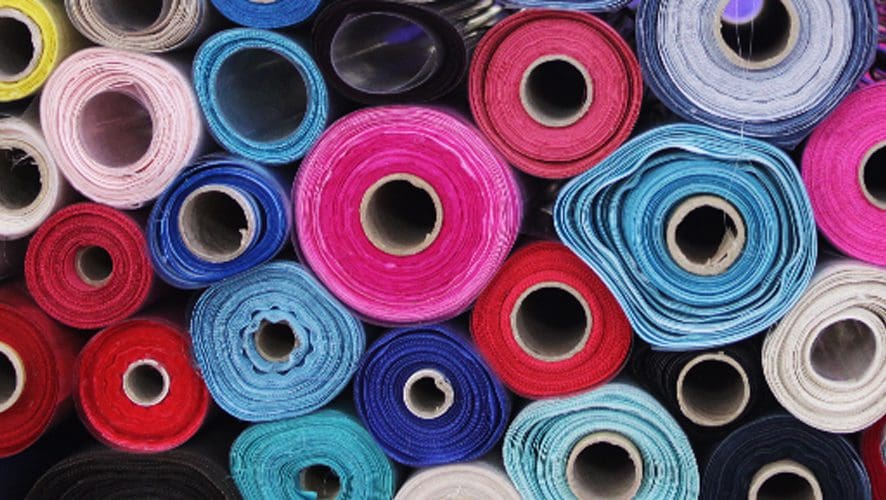Ahmedabad, the renowned cotton textile processing hub of India, is undergoing a significant transformation. In response to fluctuating cotton prices and shifting consumer preferences, more and more processing houses are expanding their capabilities to accommodate polyester processing.
In recent years, cotton prices have exhibited considerable volatility, impacting the demand for pure cotton fabrics. Conversely, polyester and blended fabrics have gained popularity, driving processing units to invest in new technologies and capacities for these materials.
With a total installed capacity exceeding 3 crore meters per day, Ahmedabad’s textile processing industry has traditionally been dominated by cotton. However, a notable shift is evident as investments in cotton processing capacity have stagnated.
Naresh Sharma, former vice president of the Ahmedabad Textile Processors’ Association (ATPA), highlighted the trend towards polyester processing. He noted that nearly all of the 125 large textile processing houses in the Narol cluster have adopted polyester processing in the last two years. Factors such as higher demand and faster sales compared to cotton have made polyester a more attractive option. To cater to this growing demand, many units have installed digital printing machines, which offer advantages like reduced water consumption and the ability to operate without a boiler.
The influence of this shift extends beyond processing units. Ahmedabad’s textile traders have also embraced the trend, with some setting up sublimation printing machines for polyester and outsourcing backwards and forward processes. While polyester fabric accounted for a negligible share of the total volume five years ago, it now constitutes around 20%. Digital printing technology has enabled the production of smaller volumes and a wider variety of designs.
A leading processing house director confirmed the trend, stating that while demand for cotton fabric remains steady, polyester and viscose fabrics are witnessing increased demand. This surge in demand is benefiting the textile industry in Surat, and Ahmedabad’s textile traders are responding by supplying synthetic fabrics and outsourcing processing orders to Surat-based units. To meet the growing demand locally, many Ahmedabad-based units have also installed polyester processing machines. The trend towards blending cotton with synthetic fibres, particularly evident since 2022 when cotton prices reached a record high, further underscores the industry’s adaptation to changing market dynamics.

